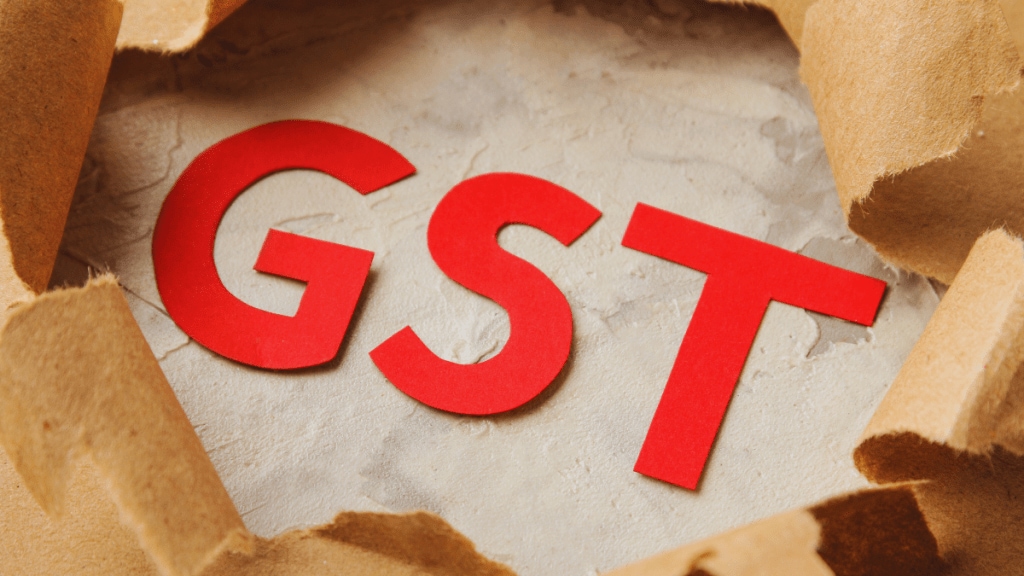India Inc’s revenue growth is expected to improve by 100-200 basis points in FY26 compared with FY25 as the government’s GST rationalisation feeds into consumption, according to analysts and brokerages.
Revenue growth for FY25 was around 5%. With GST cuts taking effect from September 22, brokerages including Motilal Oswal, JM Financial and Kotak now peg topline growth in FY26 at 6-7%.
The benefit will be visible mainly in the second half of the year, coinciding with the festive and wedding seasons.
Conglomerates and automakers lead gains
Conglomerates such as Reliance Industries and the Tata Group are expected to be key beneficiaries. According to Motilal Oswal, their group companies in FMCG, food, apparel, footwear, consumer durables and automobiles will directly pass on the benefit of lower GST rates to consumers. Reliance Retail and Jio, which together account for 54% of Reliance’s consolidated Ebitda, will lead the charge.
Reliance Retail director Isha Ambani said last week that the company would pass on GST benefits to consumers from the first day of implementation. Prabhudas Lilladher expects Reliance Retail’s topline to grow 12-15% in the October-December quarter, against 11.3% in the April-June quarter, and a similar print in the July-September period, aided by GST tailwinds.
Automakers have moved quickly to cut prices. Tata Motors on Friday announced price reductions of up to Rs 1.40 lakh. Mahindra & Mahindra followed on Saturday with cuts of up to Rs 1.56 lakh. Hyundai Motor India said on Sunday it had lowered prices across its portfolio by as much as Rs 2.4 lakh. Maruti Suzuki is also expected to announce cuts of up to 9%, chairman RC Bhargava had earlier told FE.
Kotak estimates that 91% of Tata Motors’ portfolio will see a price cut, which could stimulate volume growth in the second half after a muted April-June and likely weak July-September quarter. Analysts said August demand was subdued as buyers waited for automakers to announce reductions following GST cuts.
Impact on housing, cement and renewables
Other Tata group companies are also set to benefit. Around 15-20% of Tata Consumer’s portfolio, nearly half of Trent’s value retail chain Zudio, and 70% of Voltas’ air-conditioner line fall under categories that have seen GST cuts, according to analysts. Voltas, with a 20% share of the AC market, is expected to see a sharp volume push during the festive season.
Analysts said the impact will extend to housing and infrastructure. GST on cement has been cut to 18% from 28%, which JM Financial estimates will lower construction costs by 3-5%. Crisil noted that while FMCG and auto will show immediate benefits, the effect on construction will need to be monitored.
The Adani Group will gain from reforms across cement and renewables. Adani Cement expects lower costs after the removal of the Rs 400-per-tonne coal cess, CEO Vinod Bahety said. Analysts said the benefit from cess removal will outweigh any loss from GST incentives. In renewables, GST on solar equipment has been reduced from 12% to 5%, easing capital costs for Adani’s energy arm. UBS said the changes should boost short-term demand and support long-term growth in cement.
Brokerages said the GST measures, announced at a time of global trade and tariff headwinds, underline the government’s intent to lift consumption by cutting prices directly. With the reforms coinciding with peak demand season, analysts said FY26 could deliver stronger topline momentum for corporates than FY25.

